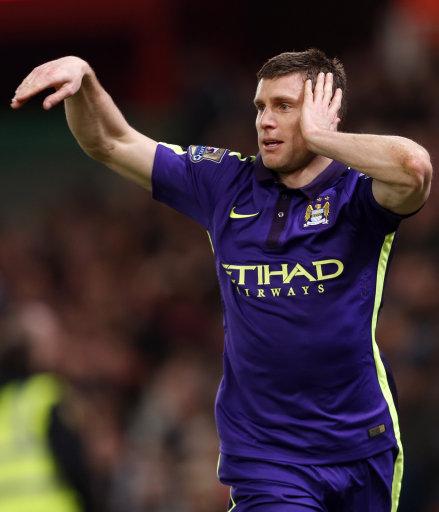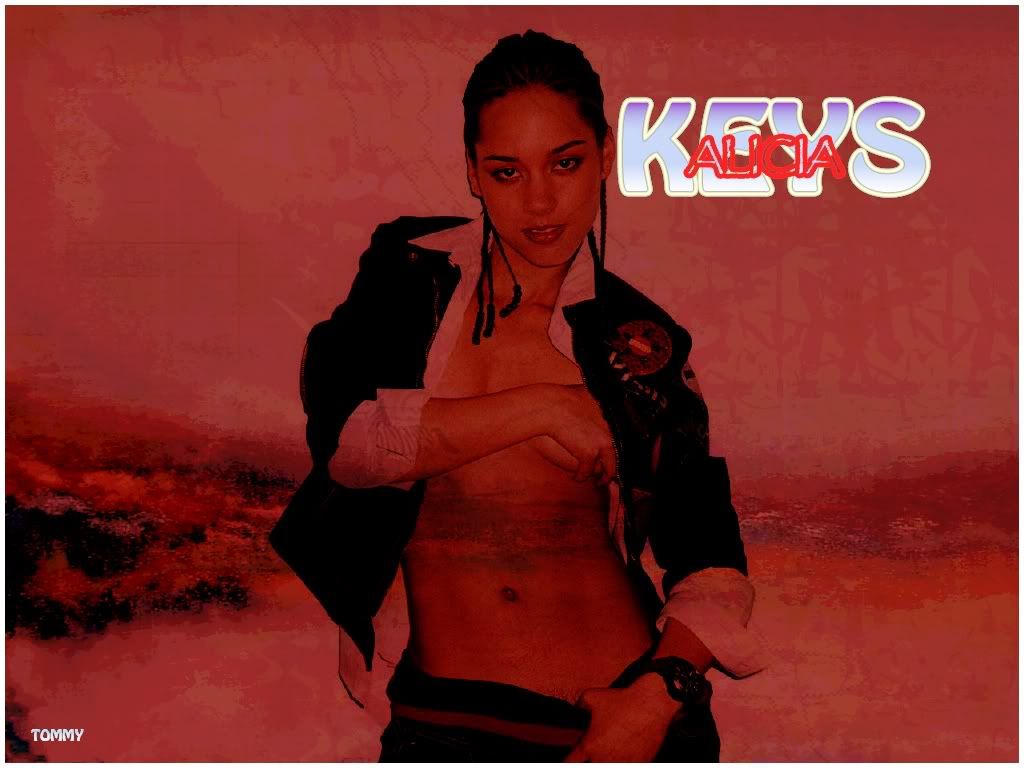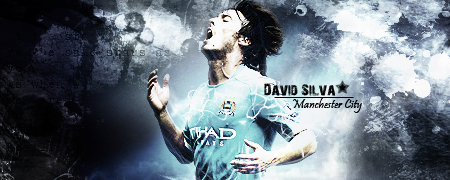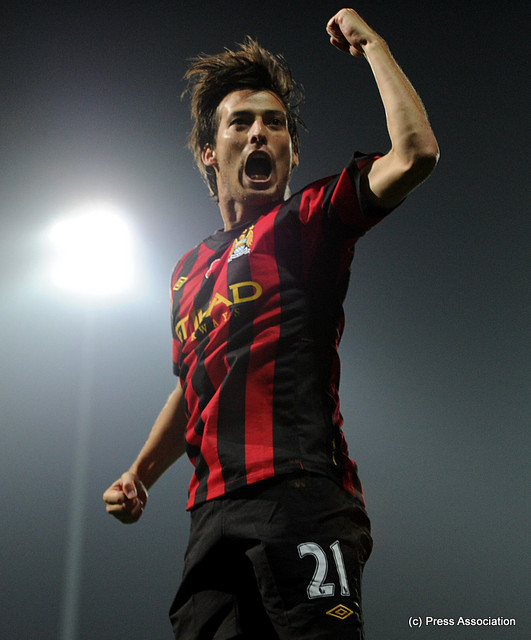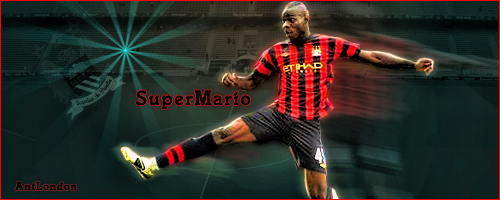The Argentinian defender was one of City's cheaper acquisitions, but he has proved to be one of their most effective
David Conn
The Guardian, Friday 1 March 2013 23.00 GMT
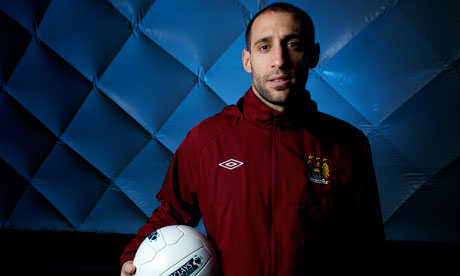
Manchester City's Pablo Zabaleta at the club's Carrington training ground.
Photograph: Christopher Thomond for the Guardian
Solid, dependable, consistent, excellent: these are not the descriptions applied most naturally to every stardust-sprinkled footballer in the modern Manchester City galaxy. Yet Pablo Zabaleta, even in this hangover season after last year's Premier League title, has garnered universal appreciation of precisely these qualities, from the fans in the stands at the Etihad Stadium, the otherwise angry manager pacing the technical area, to Zabaleta's team-mates and commentators.
Roberto Mancini singled out the 28-year-old Argentinian in his flinty interview with the Guardian last week, citing him as an exception to players, he grumbled, who are performing at only half their ability. Zabaleta, supplanting Micah Richards as first-choice right-back, and acting captain in the absence through injury of Vincent Kompany, is playing "very, very well", Mancini approved.
Shorter, even slighter than he looks in full right-back thundering mode on the field, Zabaleta in conversation appears the grounded character one would expect: dedicated, affable, modest, smart – and in the mega-money and celebrity swirl of Manchester City, clearly a practised diplomat. He does not shirk the criticisms of City – crashed out of the Champions League, 12 points behind United in the Premier League – this season when they were supposed to be pushing on. He states the professional case that City must keep winning and hope United drop points but he also accepts Mancini's complaint that not all the players have performed.
"With 25 players it isn't easy for the manager to work and keep everybody happy," he says. "Sometimes if a player has been dropped for a game because Mancini wants to make a change, it's difficult for them, they go down, because they want to play. That happens in all teams.
"We are a team [built] over the last four years; it's not really easy for a team to build up the mentality to try to keep winning every year, like top teams around Europe. Probably this year we needed to show we wanted to retain the title and it's been very difficult. So we know that we need to do something more, give something more, try to do better, to create that strong mentality that we need."
He was thrust into the diplomat role that infamous night at Bayern Munich in September 2011, sitting next to Carlos Tevez on the bench at 2-0 down when Tevez refused to warm up and Mancini, enraged after the game, said Tevez would never play for City again, sparking a long, poisonous stand-off. Zabaleta has known Tevez since they were youth international team-mates and is glad to be with him and their fellow Argentinian, Sergio Agüero, drinking the harsh-tasting mate tea of home, in the damp chill of Manchester. So it was awkward that he was a key witness in the club's inquiry into Tevez's conduct.
In Zabaleta's account there is clear sympathy for Tevez, a belief that Mancini aggravated the conflict by speaking out publicly straight after a hard defeat. Zabaleta's crucial evidence was that Tevez had indeed refused to warm up, saying he was already warmed up, but had not explicitly refused to go on the field. "When you lose a game everybody is upset," Zabaleta explains. "It is difficult for the manager because his team isn't playing well and sometimes after the game is not the right time to say something. It's better sometimes to calm down and talk about what happened. From something very small it grew so big." Of the club inquiry he recalls: "I just told the truth. I was next to Carlos and I gave my answer to the club, the truth."
Now, Tevez having taken his fines and suspensions, then finally returned to win the title and this season to carry himself as a beacon of good behaviour, Zabaleta can confidently praise his friend: "The positive thing is that Carlos came back again and the commitment for the club and team has been 100%. So that is well done by him."
That encapsulates Zabaleta's approach for his steady progress on an extraordinary football trajectory: give your best, make the most of your talents. The extent of his focus was displayed in March 2011 after his father, Jorge, suffered life-threatening injuries from a horrific car crash in Buenos Aires. The oldest of four brothers, whose mother died when he was 15, Zabaleta was given indefinite leave to be in Argentina. He returned after three weeks and the first match he faced for City was the mountainous FA Cup semi-final at Wembley, against United.
"It was so difficult because when I came back to Manchester he [his father] was still in a coma," Zabaleta recalls. "Obviously we won that game and it was hard, because I wanted my family to be in Wembley. It was the first time for me to play at Wembley and always when you play important games you expect your family to come over and enjoy the good games."
Jorge emerged from the coma but is still in a wheelchair, with difficulties moving his right arm and leg because some of the injuries were spinal. "It isn't really easy because I want to be there but I know at the moment everything is here in Manchester," Zabaleta says. "Foreign players, we understand this. Sometimes it's so difficult to be so far away from your own family but life is like that: you have to do everything for your career.
"I left my own house and family when I was 12. I went to Buenos Aires [100 miles away] to the San Lorenzo club. So I have been for a long time away from my own town and home. To make your way as a top footballer you have to get used to that."
Hard as he has worked, there was golden fortune in his arrival at City. He was the last player signed by the old, Thaksin Shinawatra regime, on 31 August 2008, the very day Sheikh Mansour bought the club and his money changed its history. Zabaleta signed, then went home to play for Argentina and saw, on the internet, that City had bought Robinho.
"Wow, I thought: that's crazy, massive. I came back to Manchester; they started to change everything at the training ground. Then they signed new players: [Nigel] de Jong, Shay Given, [Craig] Bellamy, [Gareth] Barry. We were in the dressing room and we were writing on the locker – Messi!"
He knows well that only he, his right-back rival Richards, Kompany and Joe Hart remain of the players the Abu Dhabi ownership inherited. Zabaleta acknowledges he had "amazing luck," joining a mid-table Premier League club for £6.45m, just as its destiny was rocketed into becoming a championship-winning power. Of his own approach to making the most of that opportunity, he has developed almost a philosophy of the full-back. "You just need to be consistent. It is a position where you have to work more for the team, offensively, defensively. Sometimes we have to accept we are not the stars but we just try to do the best for the team."
Asked about winning the Premier League, he recalls the fans' emotion, the stored up memories of support and frustration released by the first title for 44 years. "I remember when we were on the [open top] bus the day after, a lot of people in Manchester, a lot of them just crying," he says. "That means a lot when you see that as a player, you feel great, because you know we are doing our job."
He maintains that City can reclaim title winning form, after this period he interprets as a learning transition. "We know we have great, fantastic players but probably we have to be stronger as a group to be one of the top teams in Europe."
From regular substitute to role model captain, Zabaleta has cemented his place in the team. He might have won a medal for diplomacy too, emerging from the Tevez saga still good mates with Carlos, having a laugh over the mate, and Mancini's favourite as well.
[urlnp=http://www.guardian.co.uk/football/2013/mar/01/pablo-zabaleta-manchester-city]Link[/urlnp]







